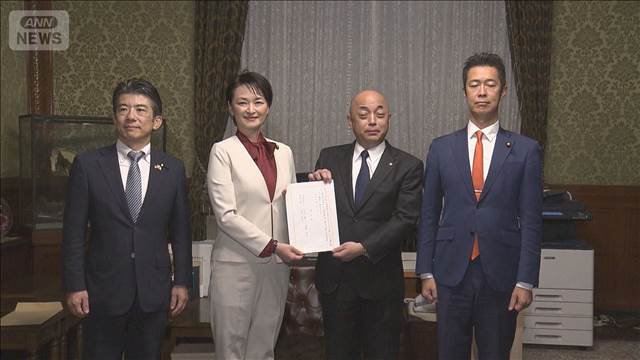The Constitutional Democratic Party of Japan has proposed a groundbreaking bill to implement a zero percent consumption tax on foodstuffs. This initiative aims to alleviate the burden on households amidst rising commodity prices and an unstable economic environment. The timing and potential implications of this legislative proposal make it a topic of national interest.
The consumption tax on food and beverages in Japan has been a sensitive issue for some time, particularly in light of the recent tax hike from 8% to 10%. The public has a strong interest in tax laws that directly influence their daily lives, like the food consumption tax, and value political efforts to ease the household economic burden. The proposed law could also impact the broader economic stability of Japan; therefore, it is receiving significant attention from the media and general public.
In the US, a zero percent value-added tax (VAT) on certain food items is relatively common among a number of states, with the aim to reduce living costs and aid low-income households. However, the approach towards food taxes differs greatly between each state. Similarly, in the EU, reduced VAT rates on food items can be observed among certain member states, although there is wide variation.

